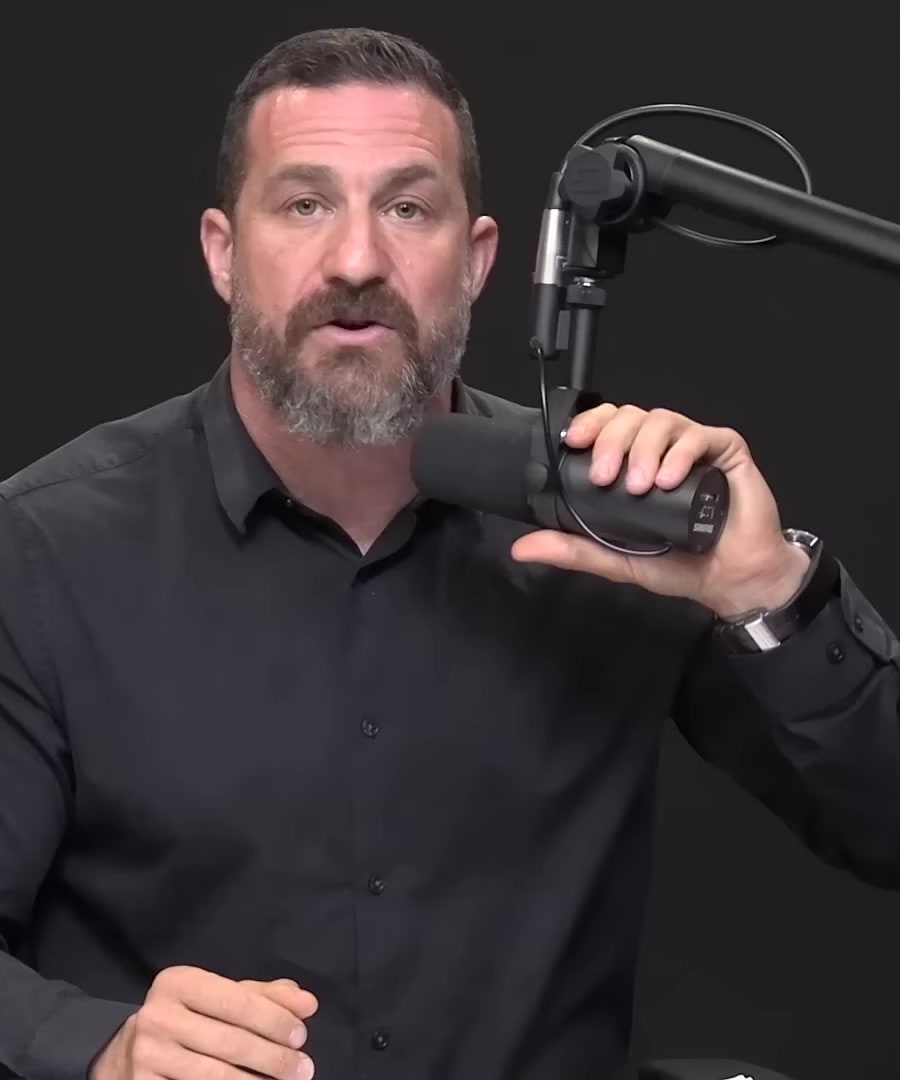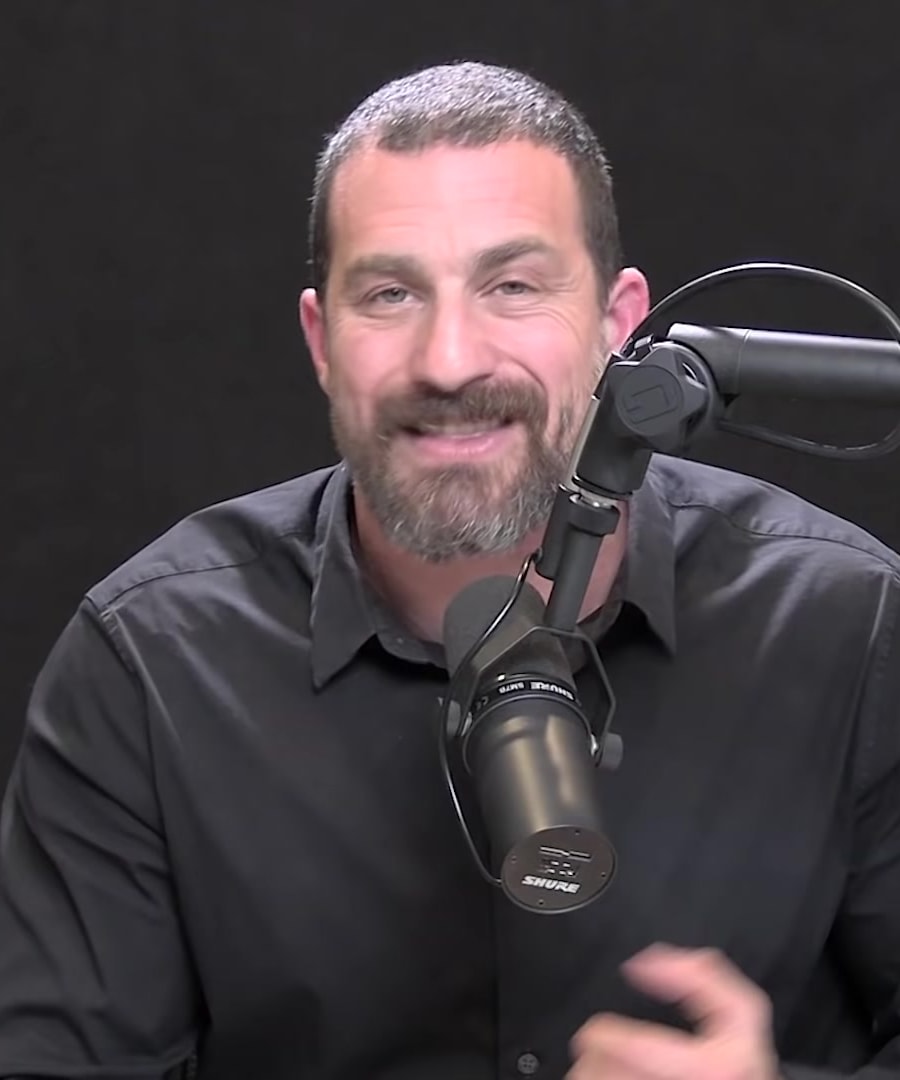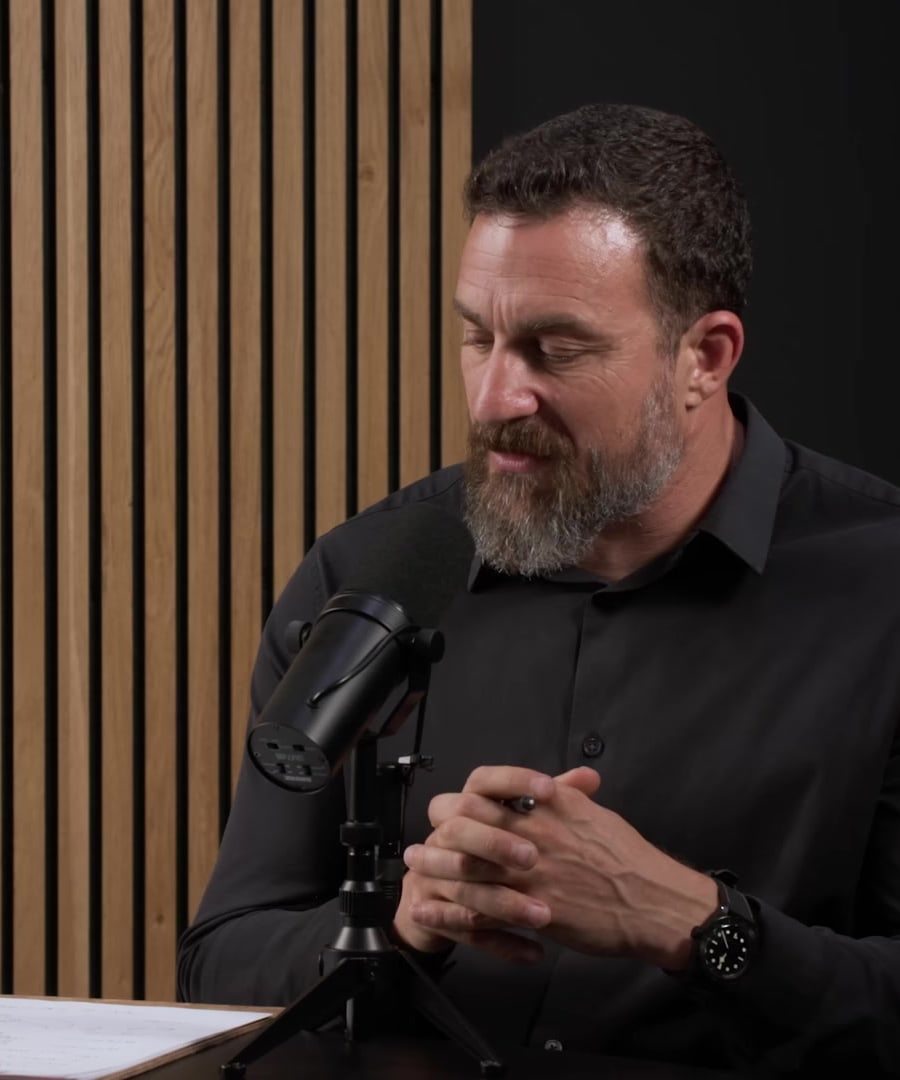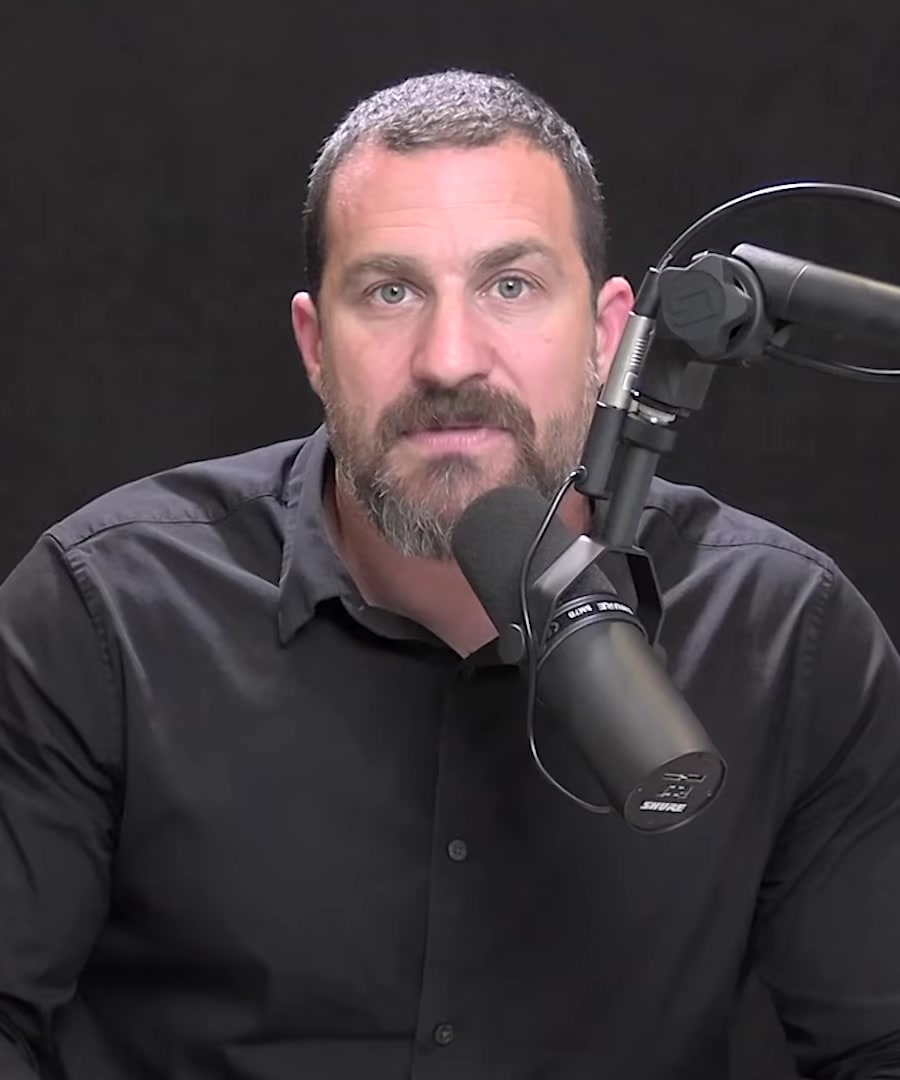Its seems as I turned off my impulse control, aMCC and prefrontal cortex in decision making and whenever I got an urge to play video games - I do it. This lack of control is degrading my quality of life.
Sources:
Impulse control is closely linked to the function of the prefrontal cortex, which acts as an "orchestra conductor" or governing body over other brain regions, helping to control behaviors, regulate attention, and make decisions [1]. ADHD, which involves challenges in controlling impulses and maintaining attention, is not necessarily a deficit in prefrontal cortical function but rather a difficulty in the prefrontal cortex's communication with other brain areas [1]. The prefrontal cortex can act as both an accelerator and a brake on various brain centers, affecting the types of social interactions you engage in and your ability to override reflexes [2].
Furthermore, the prefrontal cortex is intricately connected to both cortical and subcortical areas, highlighting its importance in controlling reflexive behaviors and directing attention to what is relevant while allowing flexibility to switch to different tasks [3]. The concept of "limbic friction" was also discussed, which refers to the tension between our rational mind and primal impulses, where the forebrain (including the prefrontal cortex) can suppress or engage action contrary to these impulses [4].
To address a lack of impulse control, it is essential to understand that while the prefrontal cortex allows for subjective ruling over reflexes, its ability to regulate behavior can be compromised, similar to what is seen in depression where the prefrontal cortex is not sufficiently regulating certain brain regions [5]. Treatments such as cognitive behavioral therapy (CBT) or transcranial magnetic stimulation (TMS) aim to enhance or restore this governance function of the prefrontal cortex [5].
Understanding these mechanisms and seeking appropriate interventions, whether that be therapy, certain practices for enhancing prefrontal cortex function, or techniques for improving impulse control, could be beneficial for improving your situation. If struggles with impulse control continue to affect the quality of life, consulting a mental health professional may provide tailored strategies for managing these challenges.
RELATED QUESTIONSCould you suggest some strategies to improve my impulse control?
Sources:
Improving impulse control, particularly in the context of managing cravings or urges like wanting to play video games, can be approached with several strategies. As discussed by on the , some of the strategies include:
- Mindful Awareness: Separating emotions from the urge by labeling how you're feeling and assessing your levels of hunger or desire, determining whether it's genuine need or boredom.
- Surf the Urge: Observing the craving as it arises and watching it pass, understanding that cravings are time-bound and you can ride them out without giving in.
- Push-Ups or Taking a Walk: Engaging in a brief physical activity can serve as a distraction and help manage the impulse.
- Change the Scene: Creating safe environments both at home and workplace where the object of compulsion (like video games or sugary drinks) is not readily accessible.
- Motivational Interviewing: Having additional support where goals and desires (like spending time with family or avoiding chronic diseases) are discussed can help in aligning actions with long-term benefits and reducing impulsive behavior 1.
Combining top-down strategies (mindful awareness) with changes to the environment (creating safe spaces) can be powerful in controlling impulses. For video gaming, it might help to keep gaming equipment out of sight or to schedule specific times for playing, making it less of a spontaneous decision. Engaging in alternative activities during times you'd typically play games can also redirect your focus. Remember, while these strategies are useful, they may require practice and persistence to be effective.
RELATED QUESTIONSTell me about mindfulness techniques.
Sources:
Mindfulness techniques can encompass a variety of practices involving careful attention to your present experience without judgment or attachment. Here are some mindfulness techniques discussed on the :
-
Focus on Breath: Using the breath as an anchor point for attention, then expanding mindfulness to include all sensations, moods, emotions, and even thoughts themselves, allowing a non-reactive state that's compatible with all experiences 1.
-
Mindful Check-In: This involves closing your eyes, becoming aware of your body, labeling emotions, and practicing mindful breathwork. It can include putting hands on the belly for a sense of caring for oneself or a baby in the context of pregnancy, and also incorporating mind-body movement like prenatal yoga 2.
-
Meditation: Described as a focus exercise, you can close your eyes and redirect your focus on your breath, or a point between your eyebrows, continually bringing your attention back when it drifts 3.
-
Body Scanning: Focusing attention on each part of the body from head to toe can significantly reduce cravings and stress, diverting attention from self-referential or ruminative thoughts to the sensations in the body 2.
-
Observe Mechanics of Mind: Being aware of the connection between thought and emotion, allowing recognition of how an emotion like anger dissipates once the associated thoughts are observed without engagement 4.
-
Interoception Practice: Simply sitting and paying attention to your internal state for about 15-17 minutes can rewire your brain to improve attention and possibly offset age-related cognitive decline. It involves reducing visual input and focusing on internal sensations 5.
These practices are adaptable and can be tailored to individual preferences. They are meant to be practiced consistently to maximize their impact on psychological freedom, attention control, and overall well-being.
RELATED QUESTIONS-
Its seems as I turned off my impulse control, aMCC and prefrontal cortex in decision making and whenever I got an urge to play video games - I do it. This lack of control is degrading my quality of life.
- RELATED QUESTIONS
Could you suggest some strategies to improve my impulse control?
- RELATED QUESTIONS
Tell me about mindfulness techniques.
- RELATED QUESTIONS










